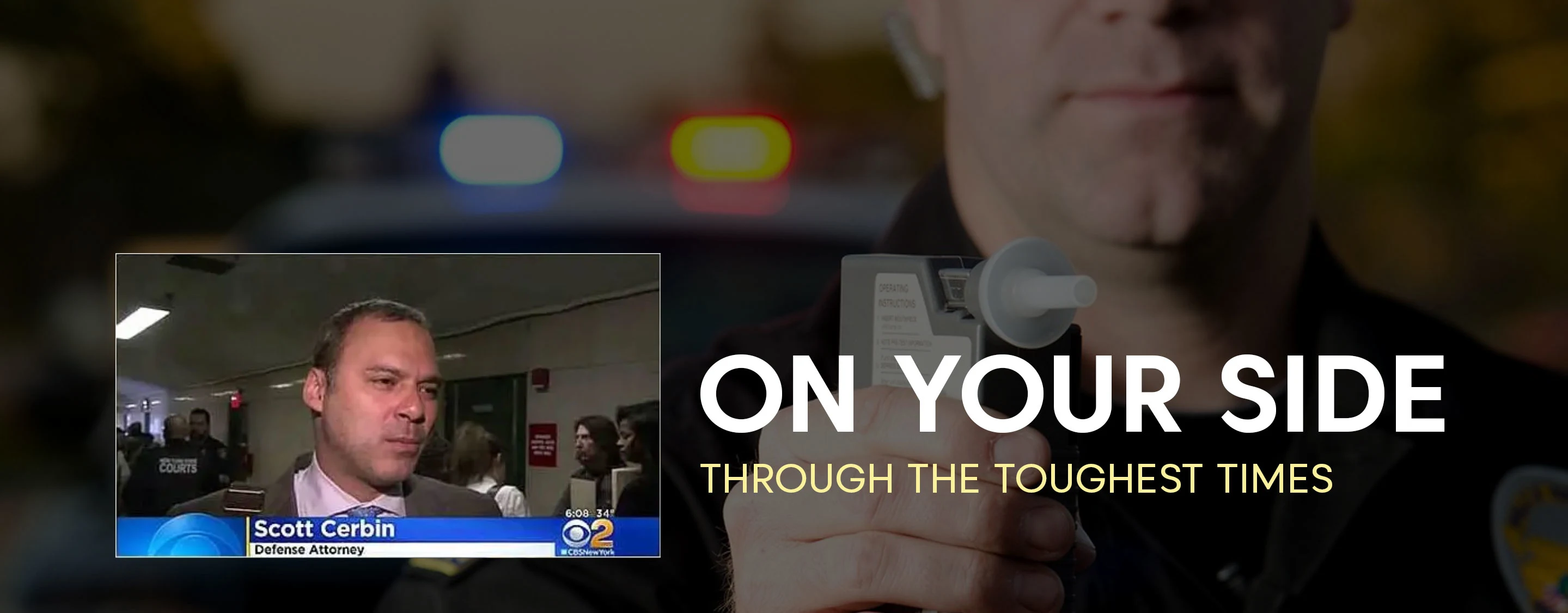If you’ve been charged with a crime, the prosecution may give you the chance to make a deal—known as a plea bargain. Typically, a plea bargain works like this: You get charged with a crime. The prosecution tells you that if you plead guilty to a specific lesser crime, you can skip the trial—thereby avoiding the more severe penalties you would have received if you were found guilty of the crime from your original charge.
For many defendants, the question of whether it’s a good idea to accept a plea bargain is extremely nerve-wracking. On the one hand, by accepting the deal, you’re guaranteed to face some penalties—probably including some jail time. On the other hand, facing those penalties is a better outcome than the worst case scenario.
For example, let’s say you were driving while intoxicated and crashed into another car—killing the other driver. The police found your blood alcohol concentration to be .19. In this case, you would be charged with first-degree vehicular manslaughter. You could be looking at up to 15 years in prison plus $5,000 in fines.
However, if the prosecution offers you a deal to plead guilty to the lesser crime of second-degree vehicular manslaughter, your prison sentence would drop to a maximum of seven years. Under such circumstances, you need to decide whether there is sufficient evidence stacked against you to convict you of the original crime. If there is, you might decide that saving yourself from an extra eight years in prison is a worthwhile trade.
While the decision to accept or reject a plea bargain is always personal—and many deciding factors depend on the specifics of your case—an experienced criminal defense attorney can offer you valuable guidance in the process.




